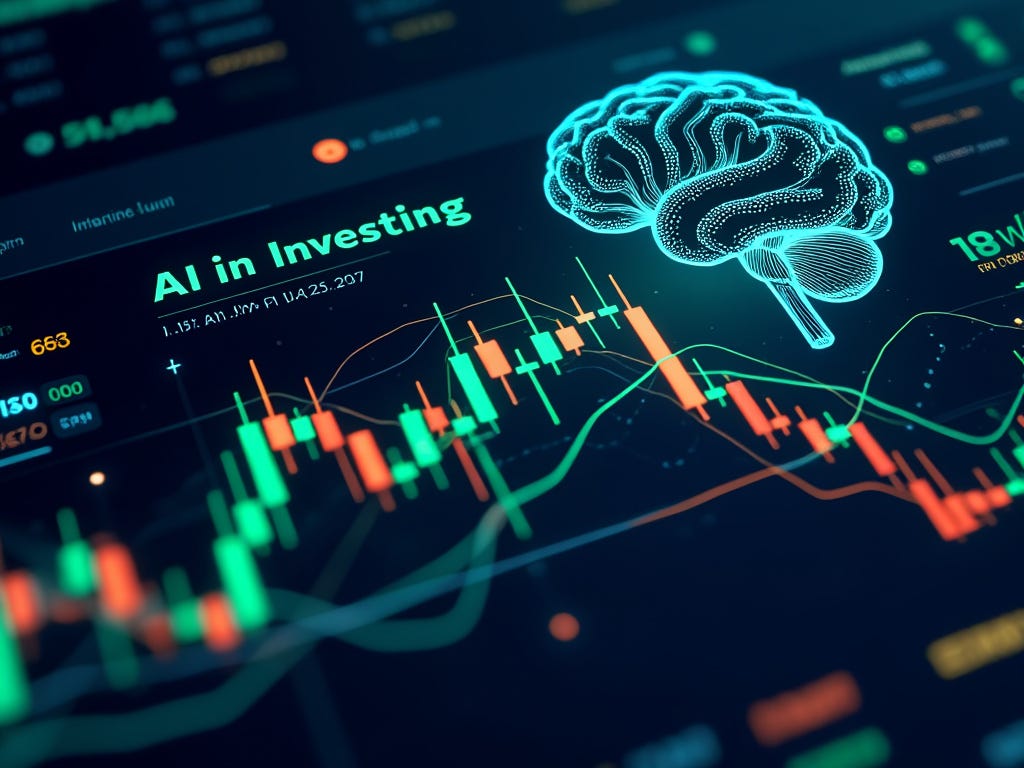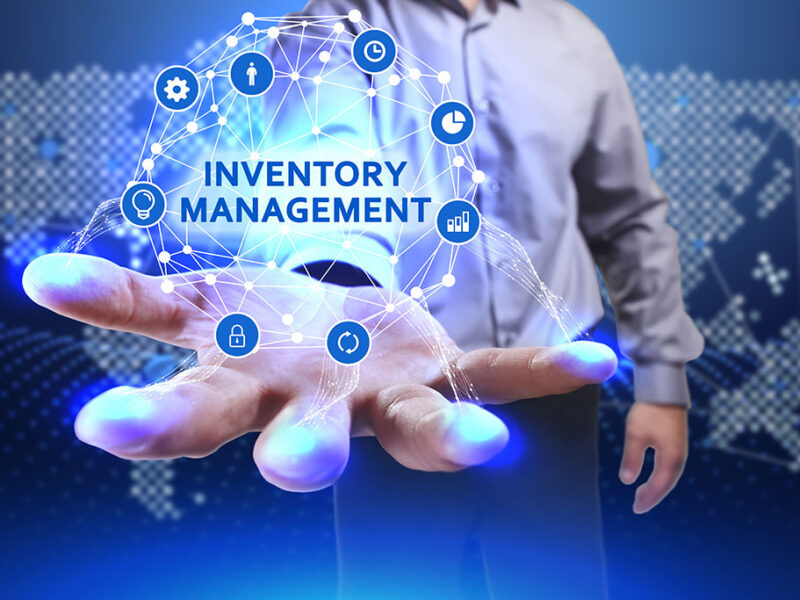The intersection of artificial intelligence (AI) and finance is no longer a concept reserved for research labs or Fortune 500 companies. In the past few years, AI-powered investment tools have rapidly gained traction, especially in the crypto and digital asset space. From algorithmic trading bots to sentiment analysis tools scanning global news in real-time, AI is shaping a new era of smarter, faster, and more personalized investment experiences.
This transformation has opened up opportunities in emerging areas like tokenized assets, decentralized finance, and early-stage crypto markets. Retail investors, in particular, are using AI-driven analytics to uncover high-potential tokens — such as those found in a top crypto presale — before they gain mainstream attention. These platforms help level the playing field, giving individuals access to tools once available only to hedge funds and institutional players.
What Are AI-Powered Investment Platforms?
AI-powered investment platforms use machine learning, natural language processing, and big data analytics to assist users in making financial decisions. These tools can analyze massive amounts of information from various sources — market data, social sentiment, economic indicators, and historical trends — to identify opportunities or manage risk.
In the context of digital assets, these platforms often perform tasks like:
- Identifying emerging trends in blockchain projects
- Analyzing trading volumes and token movement across exchanges
- Assessing developer activity and codebase health
- Scanning social media and news outlets for sentiment analysis
By combining these inputs, AI systems can surface actionable insights that traditional tools might miss.
Use Cases in the Crypto and Tokenized Finance Space
AI is already proving itself in numerous areas within crypto and fintech:
1. Predictive Market Analysis
AI systems can build predictive models based on historical price movements, trading behaviors, and even global economic conditions. For example, these models might identify a potential upswing in Bitcoin or predict volatility based on central bank decisions or geopolitical news.
In more speculative areas, such as altcoins or presales, AI helps filter projects with real potential from those lacking fundamentals or utility.
2. Portfolio Management
Automated crypto portfolios are becoming more intelligent thanks to AI. Robo-advisors can now rebalance holdings in real-time, respond to macroeconomic shifts, and adjust for risk exposure dynamically. Users can define their financial goals, and the AI tailors the portfolio to align with them, adapting continuously.
3. Risk Management and Fraud Detection
With DeFi’s openness comes exposure to smart contract risks, exploits, and rug pulls. AI tools monitor transactions across chains, flag unusual behavior, and alert users of potential risks in real-time. These tools are critical in high-frequency trading and token launch environments, where speed and accuracy are essential.
4. Token Discovery Engines
AI-driven discovery platforms scan the market for new or undervalued tokens. Using factors like developer activity, social engagement, tokenomics, and on-chain metrics, these systems identify promising investments early. This is particularly useful for investors who want to explore the long tail of crypto assets without spending hours in research.
Why AI Is Especially Useful for Retail Investors
Traditionally, retail investors have lacked the tools and resources that large institutions use. AI helps bridge that gap by automating complex analysis and bringing actionable insights to anyone with a smartphone.
Some platforms are now offering AI-generated investment scores, token watchlists, or sentiment dashboards tailored for everyday users. Instead of relying on guesswork or hype, individuals can now make decisions rooted in data, increasing their odds of success.
Moreover, AI adapts over time. The more data it consumes, the better it becomes at predicting outcomes and identifying risks — a key advantage in the fast-paced and often volatile crypto market.
Challenges of AI in Investment Platforms
While AI brings many advantages, it’s not without limitations:
- Data Quality: AI is only as good as the data it analyzes. In crypto, where misinformation is rampant, ensuring clean and reliable data sources is essential.
- Overfitting Models: Some AI systems can be too tightly tuned to past data, which may not generalize well to future market behavior.
- Black Box Problem: Many AI models are not transparent, making it difficult for users to understand why a particular recommendation was made.
These challenges mean AI should be used as a tool for guidance rather than a replacement for due diligence and common sense.
The Future of AI in Fintech and Crypto
Looking ahead, we can expect AI to play an even greater role in shaping how individuals and institutions invest in digital assets. Advancements in natural language understanding will allow AI to better interpret complex documents like whitepapers, financial statements, and smart contract code.
Meanwhile, the integration of AI with blockchain itself could lead to fully autonomous investment DAOs — decentralized organizations that use AI to allocate capital in real-time without human intervention.
AI may also enhance regulatory compliance, helping users and platforms identify and avoid illegal activity or ensure that projects meet evolving legal standards. For fintech companies, this could be the bridge between innovation and trust in a highly scrutinized industry.
Platforms to Watch
Several projects are already making waves by combining AI with crypto investment:
- Numerai: A hedge fund powered by data scientists competing to create the best trading models using encrypted data.
- Token Metrics: A platform offering AI-based crypto analysis and token rankings tailored to investor goals.
- IntoTheBlock: A data analytics tool that uses AI to provide insights on market sentiment, wallet activity, and network fundamentals.
These platforms are pioneering what the future of investment research could look like: fast, scalable, and increasingly intelligent.
Final Thoughts
As the lines between traditional finance, crypto, and AI continue to blur, one thing becomes clear: the future of investment will be data-driven, decentralized, and smarter than ever. For the average investor, this means more tools, more access, and more opportunity — if they’re willing to learn and adapt.
AI-powered platforms are not just a trend; they’re a critical piece of the fintech puzzle. Whether you’re managing a long-term crypto portfolio or evaluating a top crypto presale, embracing AI tools can give you a strategic edge in a fast-moving digital economy.



